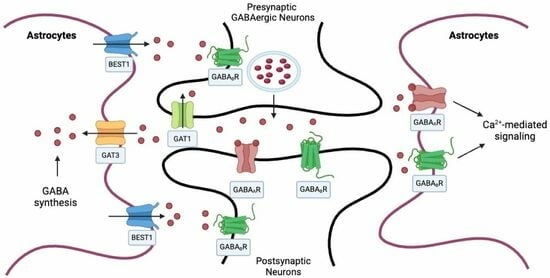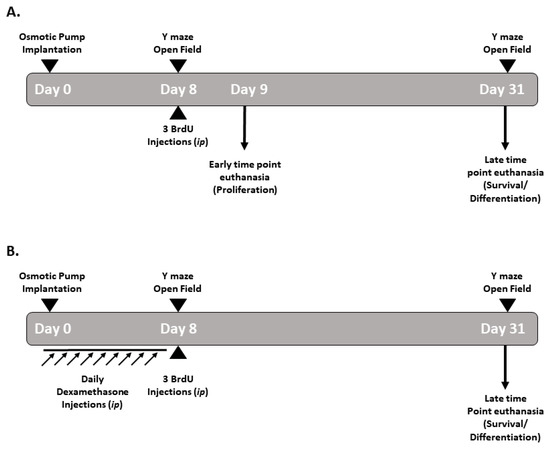Molecular signaling, Circuit Neuroplasticity and the Cognitive Function
A topical collection in Cells (ISSN 2073-4409). This collection belongs to the section "Cells of the Nervous System".
Viewed by 6075Editor
Topical Collection Information
Dear Colleagues,
What is cognition from a molecular and cellular perspective? How does the plastic rearrangement of synaptic contacts generate specific patterns of neuronal activity so that some—and not other—cognitive functions emerge? Which specific molecular signaling pathways become suppressed in the aged brain to restrain the unleashing of those neuronal skills that make youngsters such efficient learners?
No matter how enigmatic the phenomenon of cognition appears to be, it is nothing but reasonable to conclude that cognition, understood as a property of given nervous systems, is not only a cognoscible phenomenon but also one not exclusive to humans and, moreover, not exclusive to brains. Our approaches to the problem of the physical nature of cognition can thus afford perspectives free of anthropomorphized boundaries. In this regard, the use of animal models and the combination of in vivo and in vitro approaches comprise powerful experimental tools in neuroscience in the search for the structural, molecular, cellular, and functional underpinnings of the cognitive function.
The Cells team is delighted to invite you to contribute with your original research articles and reviews to this Topic Collection addressing molecular, cellular, and neural circuit functional mechanisms of the nervous system that generate and regulate cognitive function (including—but not limited to—attention, emotion, social cognition, and learning and memory) in health and disease.
We look forward to learning about your findings.
Dr. Francisco Monje
Collection Editor
Manuscript Submission Information
Manuscripts should be submitted online at www.mdpi.com by registering and logging in to this website. Once you are registered, click here to go to the submission form. Manuscripts can be submitted until the deadline. All submissions that pass pre-check are peer-reviewed. Accepted papers will be published continuously in the journal (as soon as accepted) and will be listed together on the collection website. Research articles, review articles as well as short communications are invited. For planned papers, a title and short abstract (about 100 words) can be sent to the Editorial Office for announcement on this website.
Submitted manuscripts should not have been published previously, nor be under consideration for publication elsewhere (except conference proceedings papers). All manuscripts are thoroughly refereed through a single-blind peer-review process. A guide for authors and other relevant information for submission of manuscripts is available on the Instructions for Authors page. Cells is an international peer-reviewed open access semimonthly journal published by MDPI.
Please visit the Instructions for Authors page before submitting a manuscript. The Article Processing Charge (APC) for publication in this open access journal is 2700 CHF (Swiss Francs). Submitted papers should be well formatted and use good English. Authors may use MDPI's English editing service prior to publication or during author revisions.
Keywords
- synaptogenesis
- synaptic transmission
- synaptic plasticity
- learning and memory
- fear
- anxiety
- cognition








